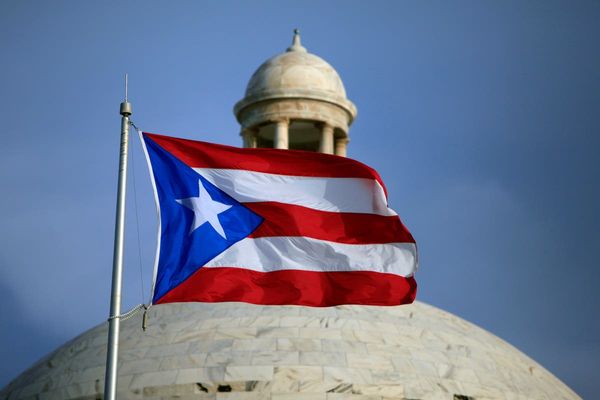
It was a year of colourful, controversial and consequential moments.
Guy Sebastian beat Shannon Noll to win Australian Idol, Peter Hollingworth resigned as governor general and Englishman Jonny Wilkinson broke the nation's heart in the Rugby World Cup final.
But by far the most contentious move in 2003 was Australia's decision to enter the Iraq War, with the ramifications felt for years to come.

Prime minister John Howard's decision to commit Australia to a US-led invasion came in response to intelligence that Saddam Hussein had weapons of mass destruction.
While it was later revealed the weapons were non-existent, the assumption formed the basis of cabinet discussions surrounding Australia's military involvement.
The National Archives of Australia has released hundreds of cabinet documents from 2003, detailing a range of high-level discussions.
Most talks within the government about the Iraq War remain secret, because they were discussed by the National Security Committee, but cabinet was briefed by Mr Howard on March 18 about the looming military action.
Cabinet papers revealed the prime minister was engaged in "extensive discussions" with US president George Bush and UK prime minister Tony Blair about the "possible use of force against Iraq".
Federal cabinet noted Iraq's behaviour had the potential to "damage gravely Australian security", with fears of weapons of mass destruction falling into the hands of terrorists representing "one of the greatest present threats" to the nation.
The US president addressed federal parliament later that year, with cabinet agreeing to heightened security measures for the visit as a result of increased threat levels after the 9/11 terror attacks.

The speech by Mr Bush came one day before another joint address to parliament by Chinese president Hu Jinato.
Opposition to the war would be prominent throughout 2003, with mass demonstrations in Australian cities not seen since the moratorium movement at the height of the Vietnam War.
Then-health minister Kay Patterson briefed cabinet on the potential threat of the SARS virus, a precursor to COVID-19, which in 2003 was spreading throughout the world.
Cabinet noted quarantine arrangements were set up at Australian international airports to deal with possible cases of the virus, although Australia emerged from SARS relatively unscathed.
The papers also showed several ministers, including Peter Costello, Alexander Downer and Joe Hockey, recommending plans for an emissions trading system.
But cabinet torpedoed the carbon plan after an address from the prime minister, following meetings with industry leaders who opposed such a scheme.

Cabinet documents said any approach to reducing emissions that would "discourage investment" in Australia would "provide no global environmental benefit".
Cabinet also restructured the Aboriginal and Torres Strait Islander Commission, following a review of the peak organisation.
The decision led to the creation of the independent Aboriginal and Torres Strait Islander Service, paving the way for ATSIC's abolition after more than a decade.
Plans were put in place for a $640 million assistance scheme for victims of HIH Insurance, the biggest corporate collapse in the nation's history.
The compensation scheme was enacted after a royal commission into the firm's collapse delivered its findings in 2003.

Former defence minister Robert Hill said while controversial issues dominated the year, the prime minister held the cabinet together.
Following three election victories, Mr Hill said the coalition government and the cabinet was a well-oiled machine.
"The party had become more stable, the politicians knew each other very well, we were working together for a long period of time," he said.
"I don't recall John Howard ever losing a debate in the cabinet ... he was a dominant prime minister."







